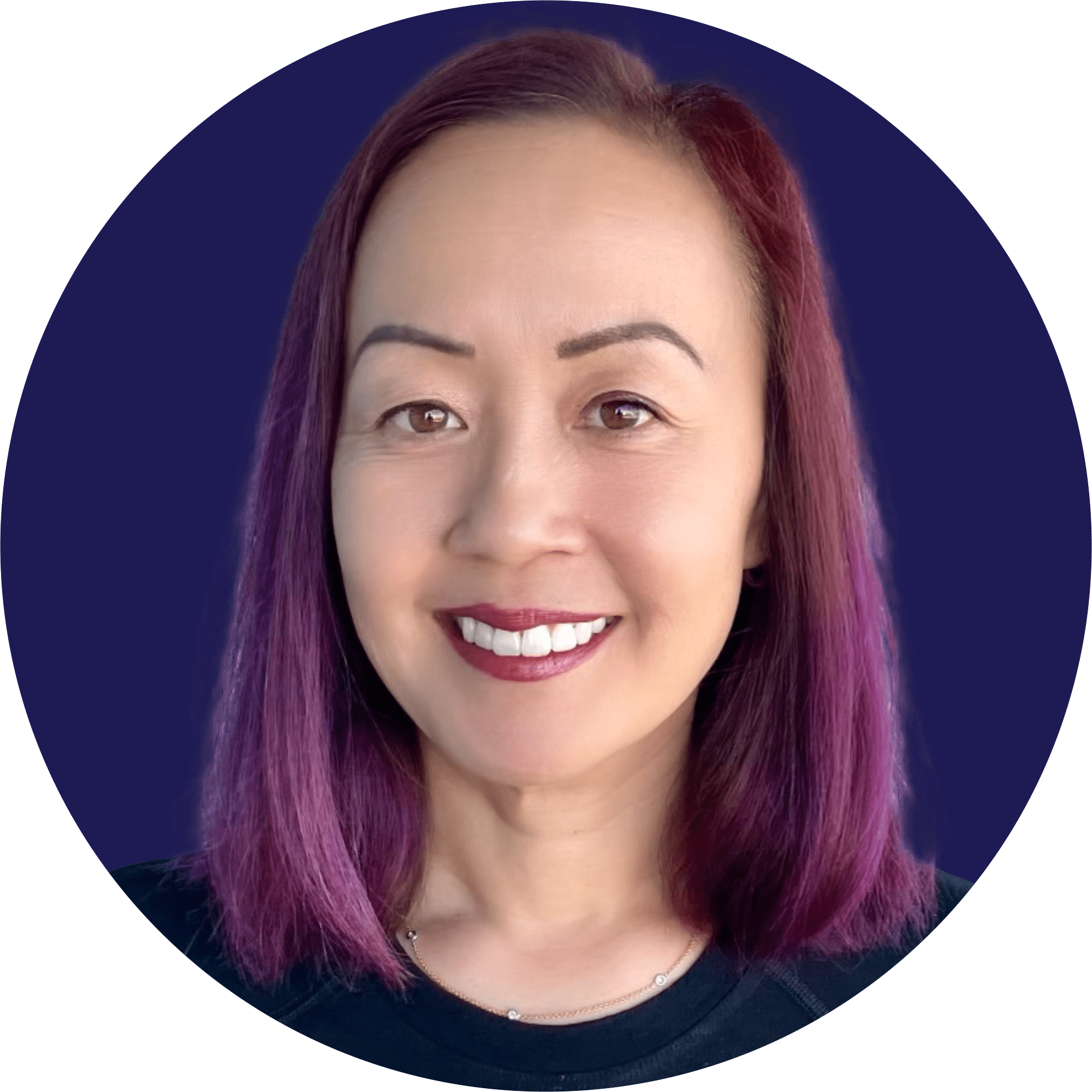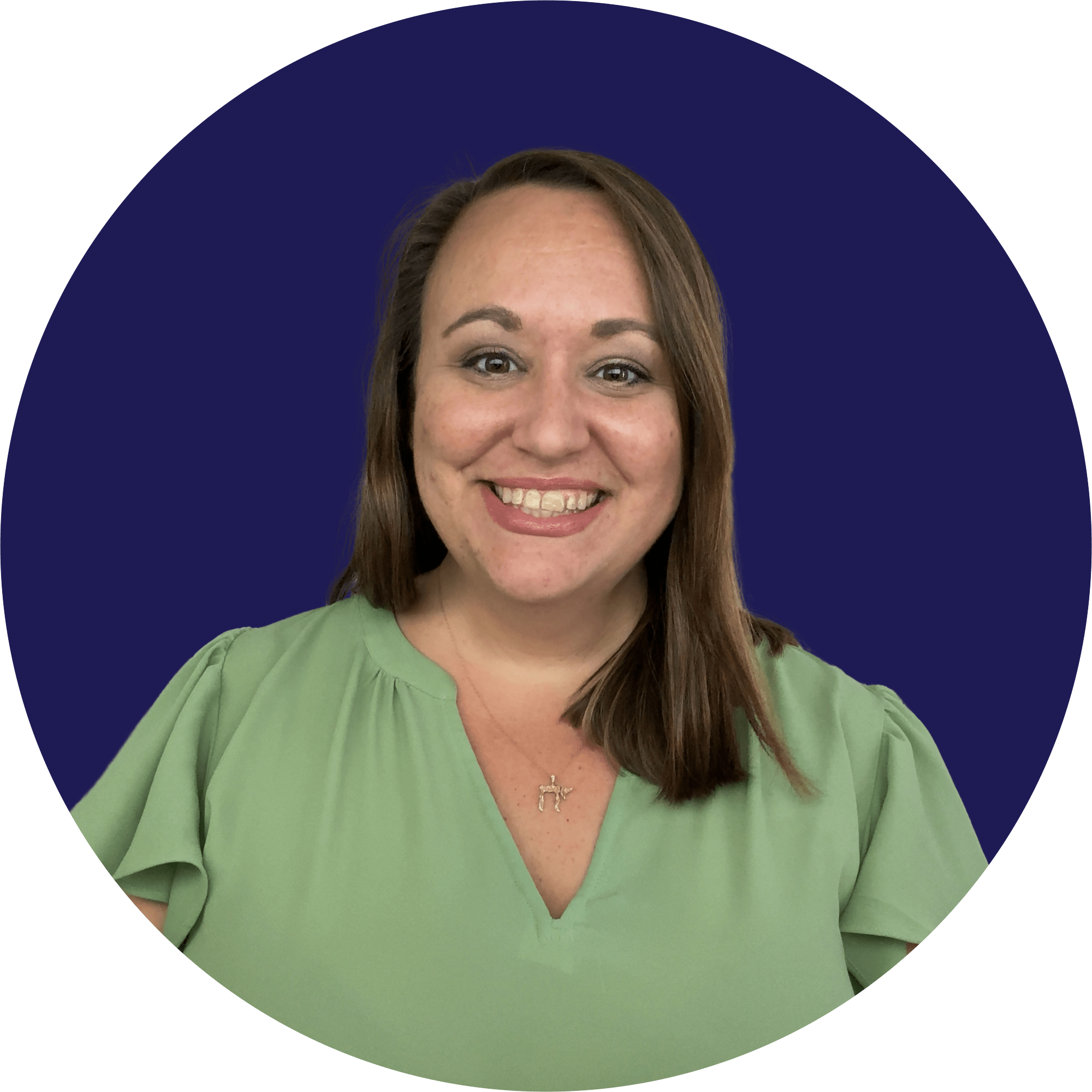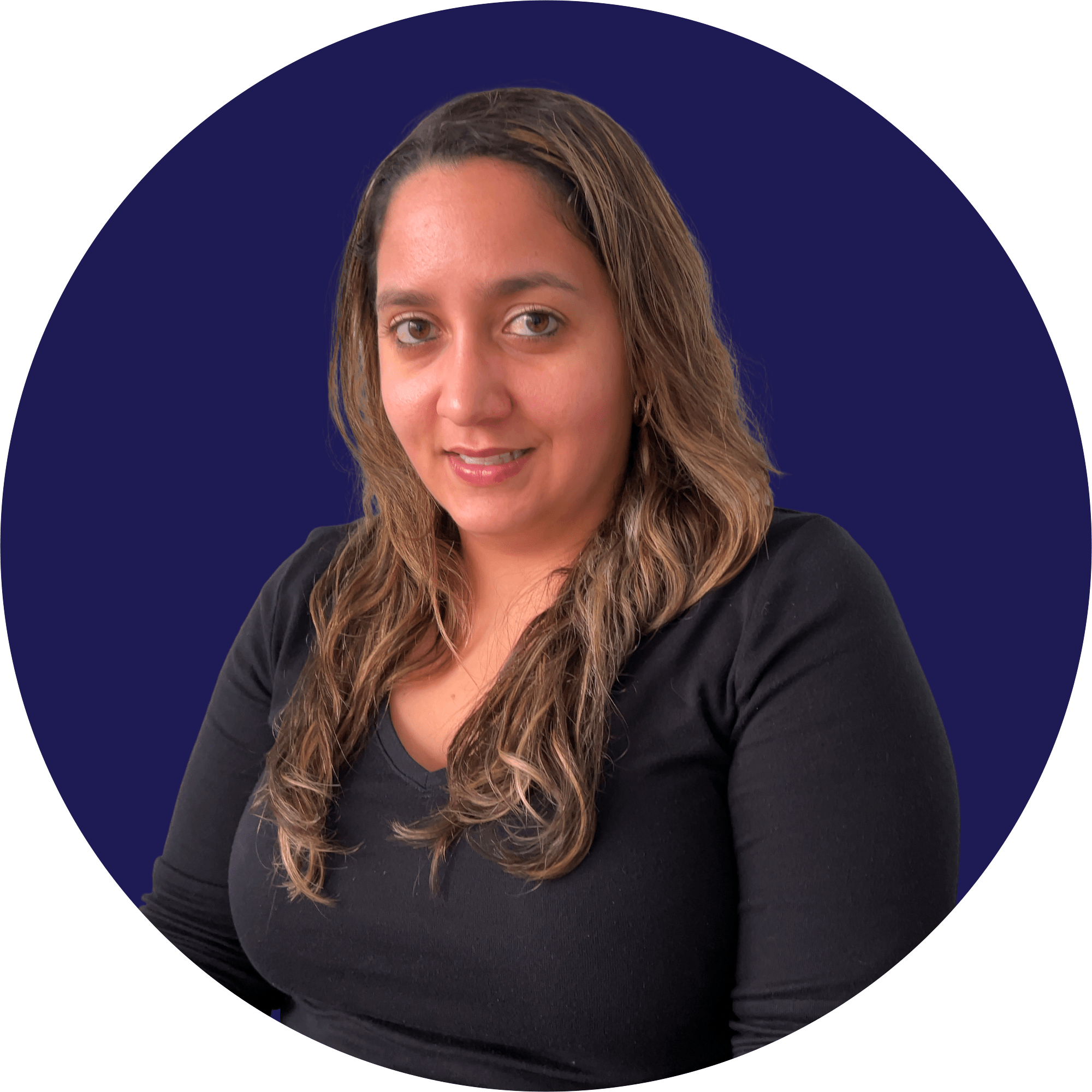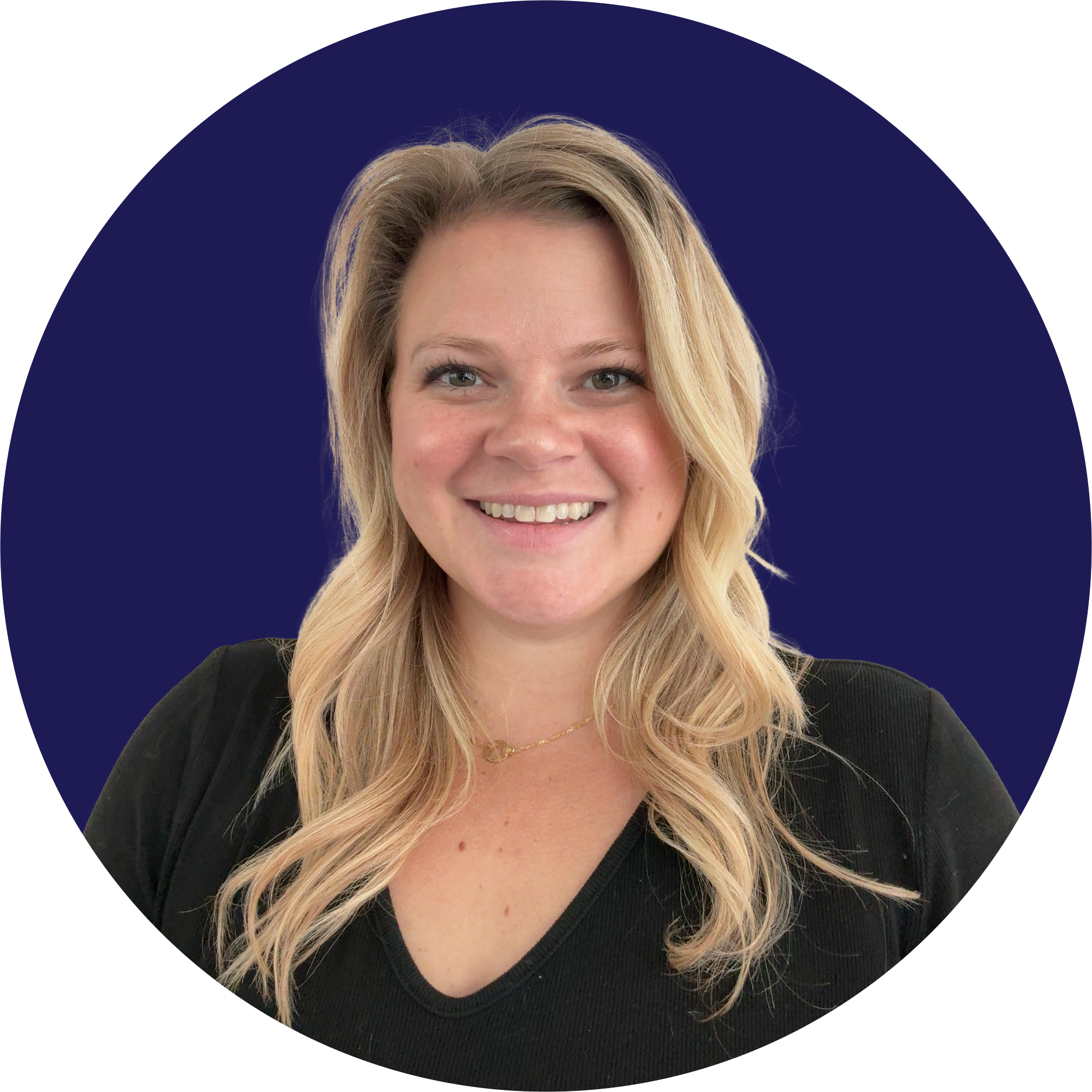Opening the Door to Brighter Futures
Our mission is simple: to provide high-quality care that empowers every child diagnosed with autism. Through tailored ABA therapy backed by science-based methodologies, Little Leaves helps build vital social, communication, and adaptive skills—creating a solid foundation that fosters real-world success.
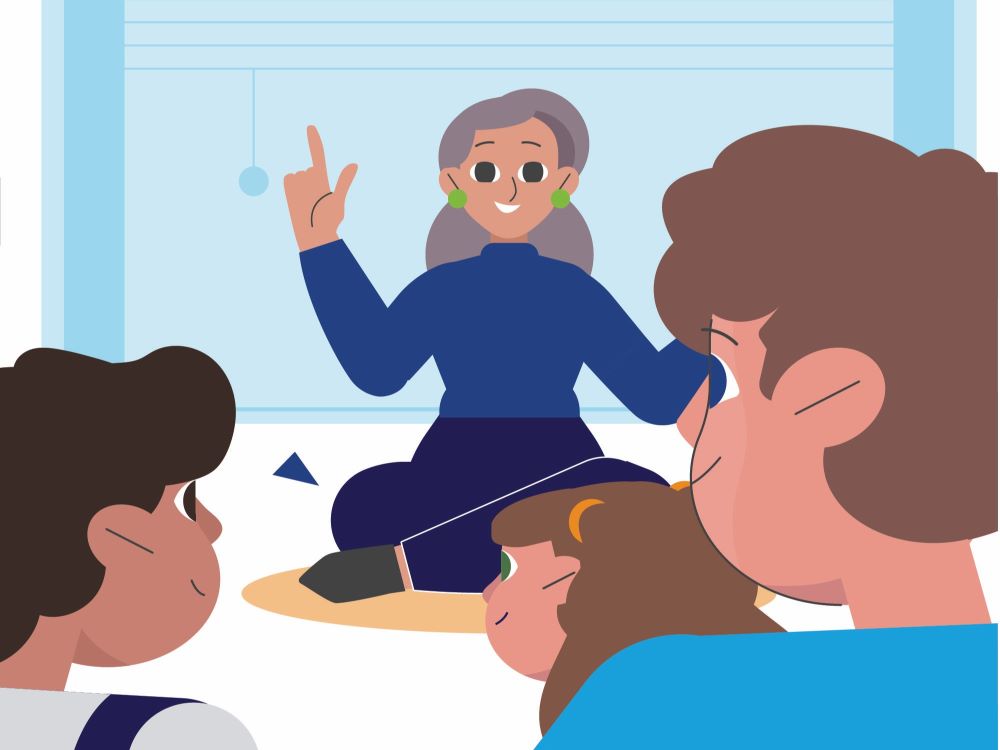
Clinical Leadership
Our Core5 Values

The Core5 values guide how we make decisions, treat each other, and work together to shape brighter paths for children, their families, and our communities. These values are action-oriented—reflecting how our team members live them out in a way that creates impact for life.

Transparent
Communicate clearly, openly, and directly.
- We share information with each other, students and their families, and our community.
- We build trust by cultivating a positive work environment.
- We streamline processes together, so we achieve better.

Decisive
Demonstrate a bias for action.
- We have a mindset that prioritizes swift and proactive decision-making.
- We encourage calculated risk-taking, even amid uncertainty or incomplete information.
- We foster agility, innovation, and results-driven behavior.

Humble
Acknowledge and learn from mistakes.
- We believe a humble workplace cultivates collaboration, empathy, and openness.
- We believe that humility encourages teamwork and a positive work environment.
- We believe that humility, teamwork, and positivity drive organizational success.

Accountable
Embrace personal ownership.
- We take ownership of our actions, decisions, and outcomes.
- We are reliable and responsible for delivering on our commitments.
- We hold ourselves and each other accountable for results.

Inclusive
Promote respect, representation, and belonging.
- We welcome, appreciate, and support each other.
- We build authentic teams who do our best work, value diverse opinions, and embrace other’s differences.
- We care and make a difference to each other and the communities we serve.
FAQs

Contact Us
Little Leaves Behavioral Services provides high-quality ABA therapy to children ages 1-6 with an autism spectrum disorder diagnosis in a preschool-like, center-based setting. Find a center below for center-specific contact information. You can also contact us by submitting the general contact form.

